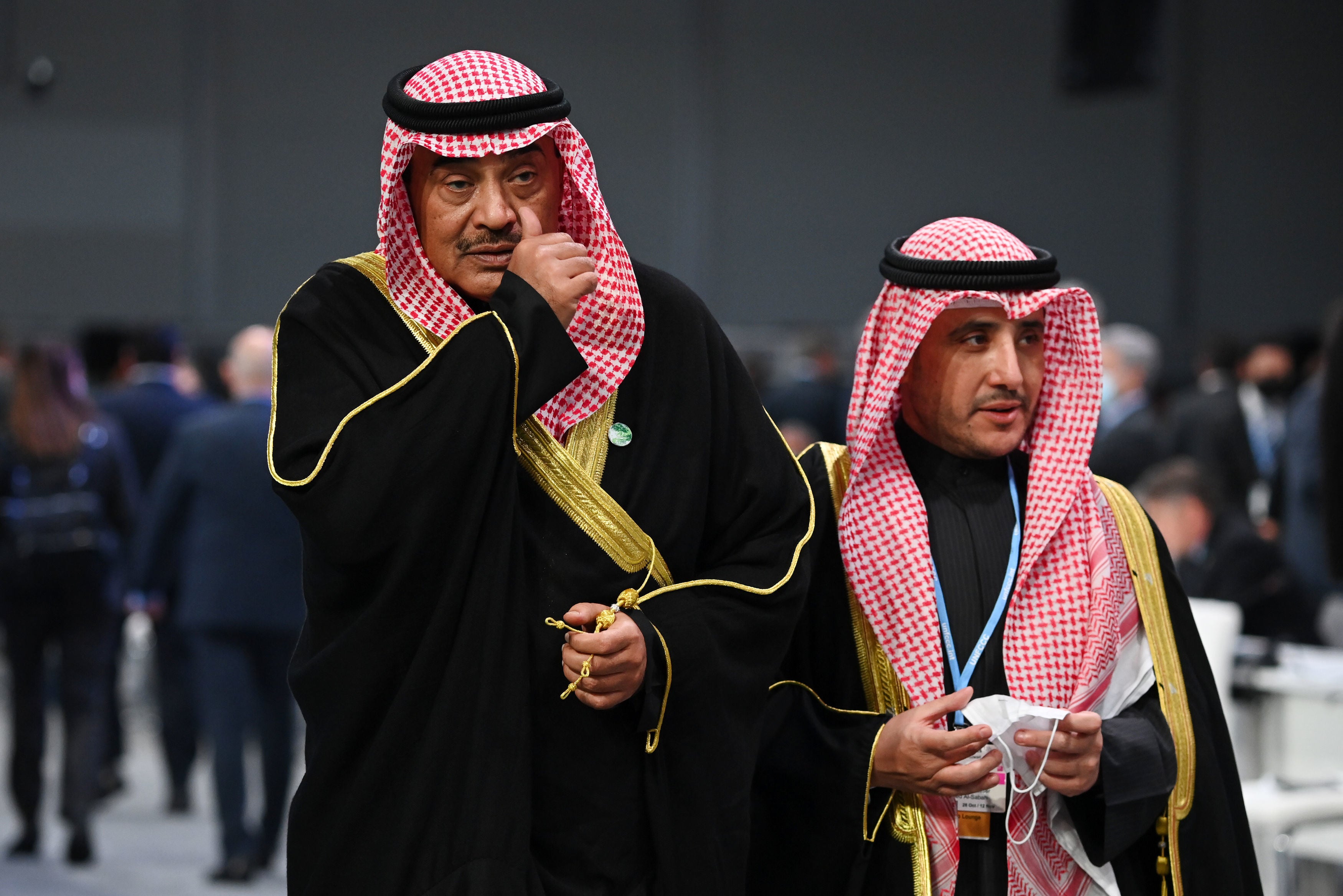Kuwait’s cabinet resigns, paving way for end to political crisis
The standoff intensified Kuwait’s economic challenges and hindered reform

Kuwait’s government offered its resignation to the Emir on Monday in a bid to end a prolonged political standoff with the elected parliament.
It was not yet clear if Emir Sheikh Nawaf al-Ahmed al-Sabah, 84, who retains the final say on state matters, would accept the resignation of Prime Minister Sheikh Sabah al-Khalid al-Sabah cabinet, which comes at the height of an arm-twisting political crunch with the legislative assembly.
If accepted, this will be the second government to quit since Sheikh Nawaf became leader after his brother, Sheikh Sabah al-Ahmad al-Sabah’s death last year. In January, the previous government of PM Sheikh Sabah resigned after lawmakers had insisted on questioning him over ministerial appointments and his cabinet’s handling of the Covid-19 pandemic and corruption.
The standoff intensified Kuwait’s economic challenges, including low-price oil throughout last year, which also saw other economic sectors suffer the pandemic consequences.
It also hindered the legislative agenda and forstalled the approval of a debt law that was the subject of another confrontation between the two sides. Many opposition-leaning lawmakers insist Kuwait should use its $700b sovereign wealth fund to cover a massive budget deficit before borrowing from abroad.
Deadlocks between the cabinet and assembly have for decades led to government reshuffles and dissolutions of parliament, hampering investment and reform.
The latest feud prompted the emir, earlier this year, to suspend the parliament meetings. But the political crunch intensified further and forced him in September to take an unprecedented step of calling for dialogue.
Later, the emir kick-started an amnesty process to pardon political dissidents and critics as part of a push to extinguish the crisis. On Sunday, the cabinet approved draft decrees for the planned amnesty before it to be officially issued by an emir’s decree.
Kuwait is ruled by a semi-democratic political system that gives the legislative assembly powers to obstruct law drafts suggested by the government, scrutinise its decision and place no-confidence votes against its senior officials. However, the Kuwaiti ruling family enjoys a special political status, while the emir maintains the power to dissolve the parliament.
The emir retains the final say in state matters, and criticising his decisions could lead to jail.
Unlike neighbouring gulf states, that system gives citizens some form of power-sharing with the ruling family. But deadlocks between the cabinet and assembly have over decades led to government reshuffles and dissolutions of parliament, sometimes hampering investment and reform. Kuwait has had 17 governments and eight elections since 2006.
Subscribe to Independent Premium to bookmark this article
Want to bookmark your favourite articles and stories to read or reference later? Start your Independent Premium subscription today.

Join our commenting forum
Join thought-provoking conversations, follow other Independent readers and see their replies